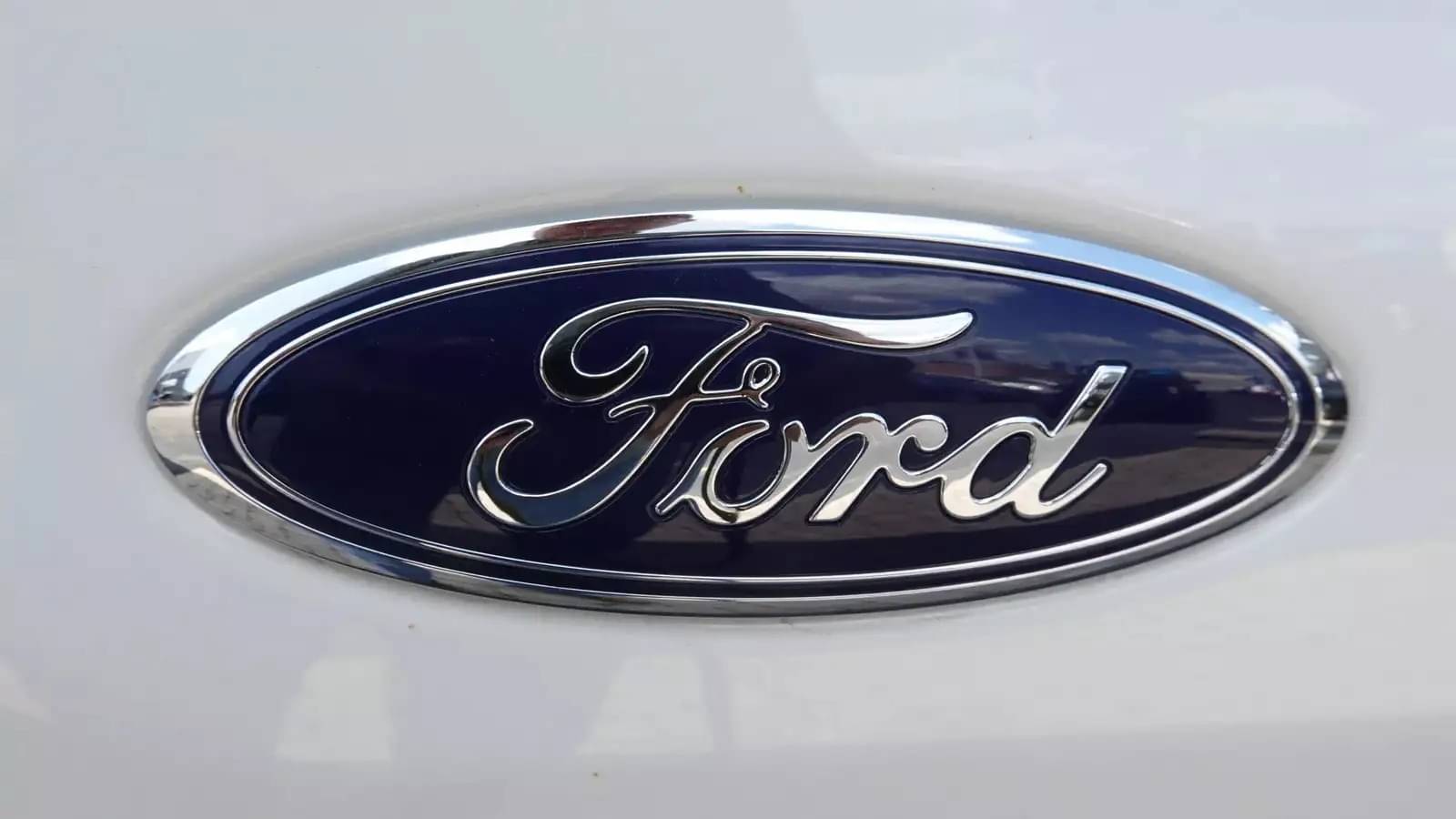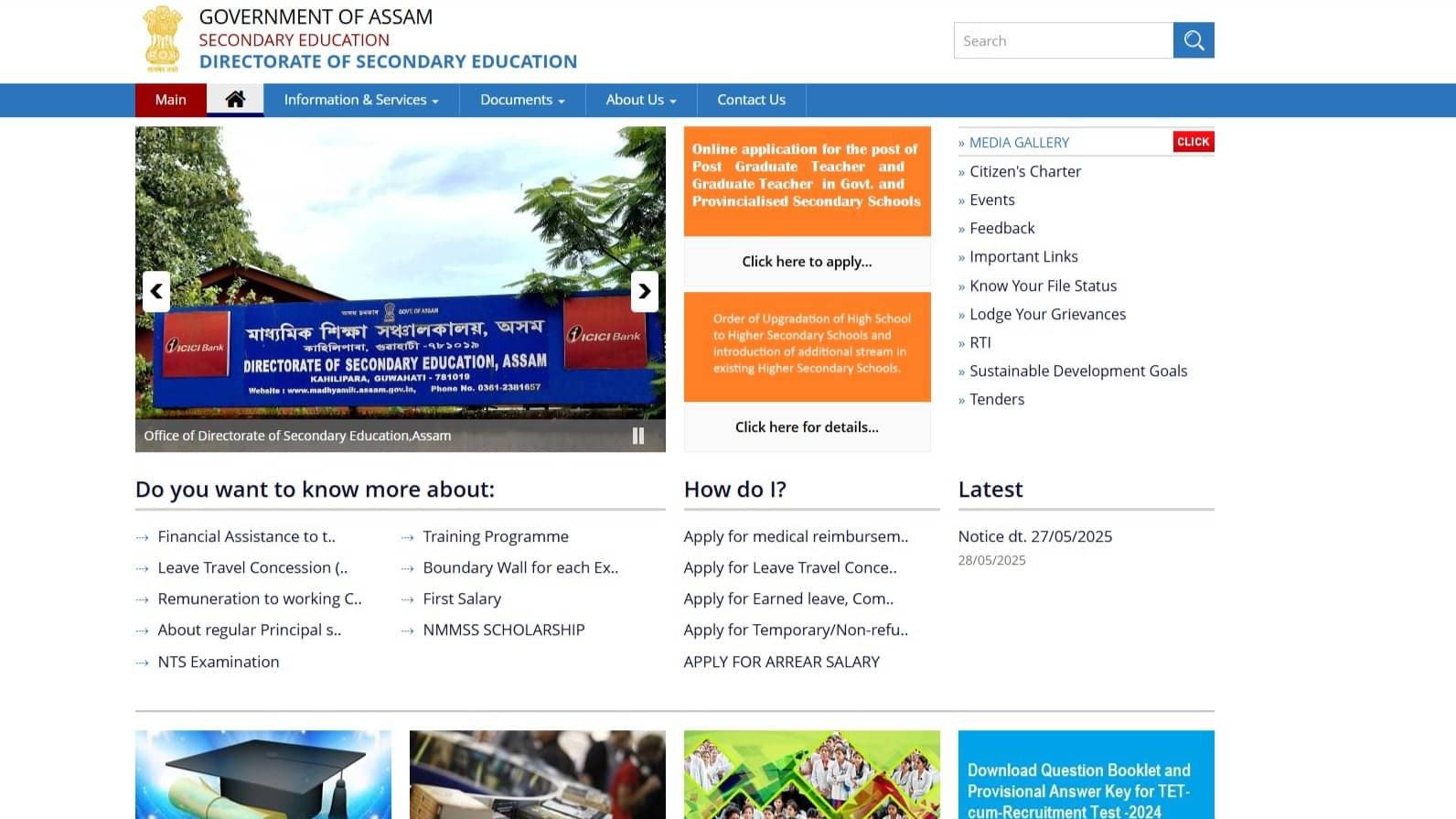Now Reading: Ford Recalls 1.1 Million Vehicles Due to Rearview Camera Issue
-
01
Ford Recalls 1.1 Million Vehicles Due to Rearview Camera Issue
Ford Recalls 1.1 Million Vehicles Due to Rearview Camera Issue

Quick Summary
- ford Motor Recall: Ford is recalling approximately 1.1 million vehicles in the US due to a software issue affecting rearview camera functioning, increasing crash risks.
- Models Impacted: The recall covers various models from 2021 to 2025, including Bronco, F-150, Edge (2021-24), Escape (2023-24), Expedition (2022-24), Corsair (2023-24), Mach-E (2021-23), Ranger and Mustang (both 2024) among others.
- Nature of Issue: Rearview cameras may freeze, delay displaying images or fail altogether due to specific software-related issues identified by engineers in April.
- Incident Reported: Ford acknowledged one minor crash with property damage tied to this issue and confirmed responding to over three dozen complaints from customers regarding similar problems.
- Resolution Plan: Vehicle owners will receive over-the-air software updates via dealers; safety risk notifications are planned through mailings starting June 16, with additional updates later this year.
Indian Opinion Analysis
The recall underlines how technological issues can have tangible impacts on modern cars’ safety systems. With vehicles becoming increasingly reliant on integrated software for crucial safety functions such as rearview cameras, this incident sheds light on the vulnerabilities inherent in automated systems.
For India-a nation witnessing rapid growth in automobile adoption and rising demand for smart cars-this growth serves as a critical reminder about the importance of stringent quality testing of automotive software before market release. indian regulators coordinating with global manufacturers could benefit by enhancing oversight mechanisms and mandating robust follow-ups post-launch when latent faults emerge. As connected vehicle ecosystems expand globally and locally, ensuring consumer trust through fault management remains paramount.
such widespread recalls also reiterate automotive companies’ accountability in responding promptly to issues while navigating customer dissatisfaction without compromising public safety measures-a practice Indian manufacturers could closely observe as they aim for greater penetration into international markets like the US.
























